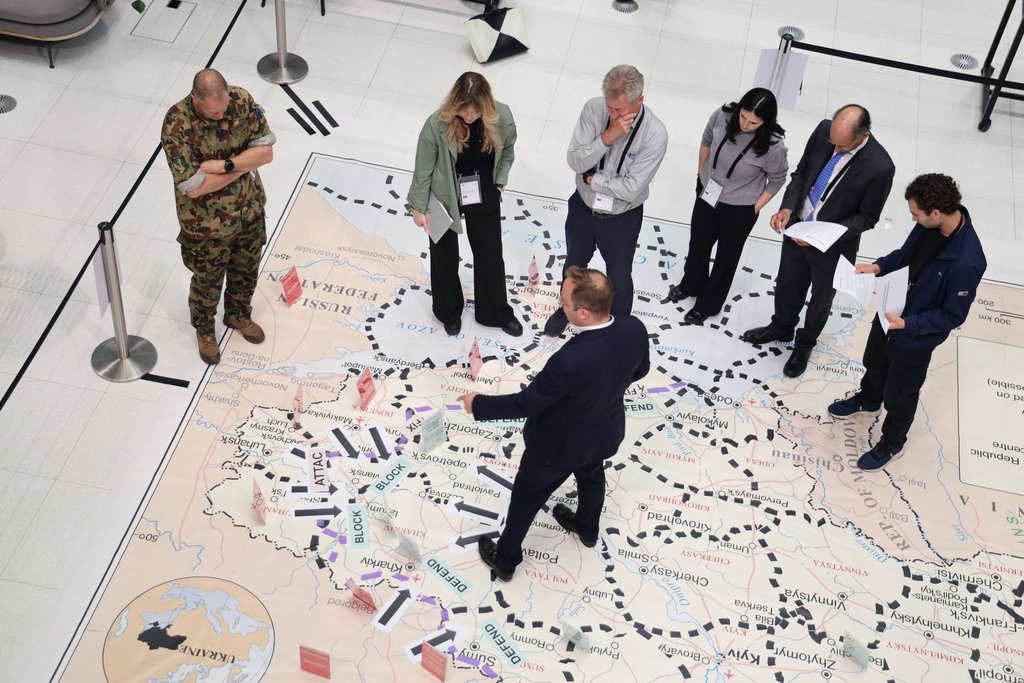Campus - 23.09.2025 - 09:20
The delayed evacuation of New Orleans after Hurricane Katrina, the downplaying of Covid in Bolsonaro's Brazil, and the negligent handling of safety measures at the Deepwater Horizon oil rig: these are cases in which decisions made by leaders had massive consequences. A new bachelor's course at HSG entitled ‘Decision-making by managers in extreme situations’ aims to examine these and other, smaller cases.
"Students live in a society that is currently undergoing a transformation with AI. At the same time, the world has become more politically unstable – I want to prepare students for this situation," says HSG lecturer Lucia Görke, who teaches the course.
One of the aims of the course in the autumn semester of 2025 is to provide students with tools they can use in their everyday lives. ‘Crises or simply challenging situations also arise in our private lives. It helps to be aware of your classic behaviour patterns under pressure and to know how to make decisions that are not driven by emotions,’ says Görke. She works as Head of People Analytics at Swisscom. She has been teaching leadership in crises at HSG since 2020.
She often uses simulations in her teaching. ‘These are a powerful teaching format for training leadership and decision-making behaviour under pressure,’ she says. Görke was also on the organising committee of the St.Gallen Strategy Days – a two-day simulation of world politics in which students play politicians, business leaders or NGO representatives.
There will also be simulations in the current course, albeit only one-day ones due to time constraints. ‘Students can, for example, take on the role of a CEO whose company is facing a negative communication campaign. Other students can spread disinformation or advise the CEO,’ says Görke. The students would also swap roles. At the end of the simulation, there is a reflection on their own behaviour and its consequences.
What characterises extreme situations from a manager's perspective? "There is often uncertainty about the extent of a crisis, and there is a lack of information. At the same time, there is time pressure – the media are already reporting on the situation, and those who wait too long to make a decision make the crisis worse,‘ says Görke. And although every manager has to make such decisions at some point, it is largely left to chance whether they receive training in this area.
With the advent of AI in public communication, the framework conditions have become even more challenging. ’I will therefore focus on digital crises in the course."
One thing remains central, especially with AI tools that are also widely used by decision-makers: critical thinking. ‘And in times of crisis, you should surround yourself with a team,’ adds Görke. This exchange helps to question your own assumptions and decisions. ‘Crises today are mostly multidimensional. One person alone can hardly cope with them.’
More articles from the same category
This could also be of interest to you
Discover our special topics
